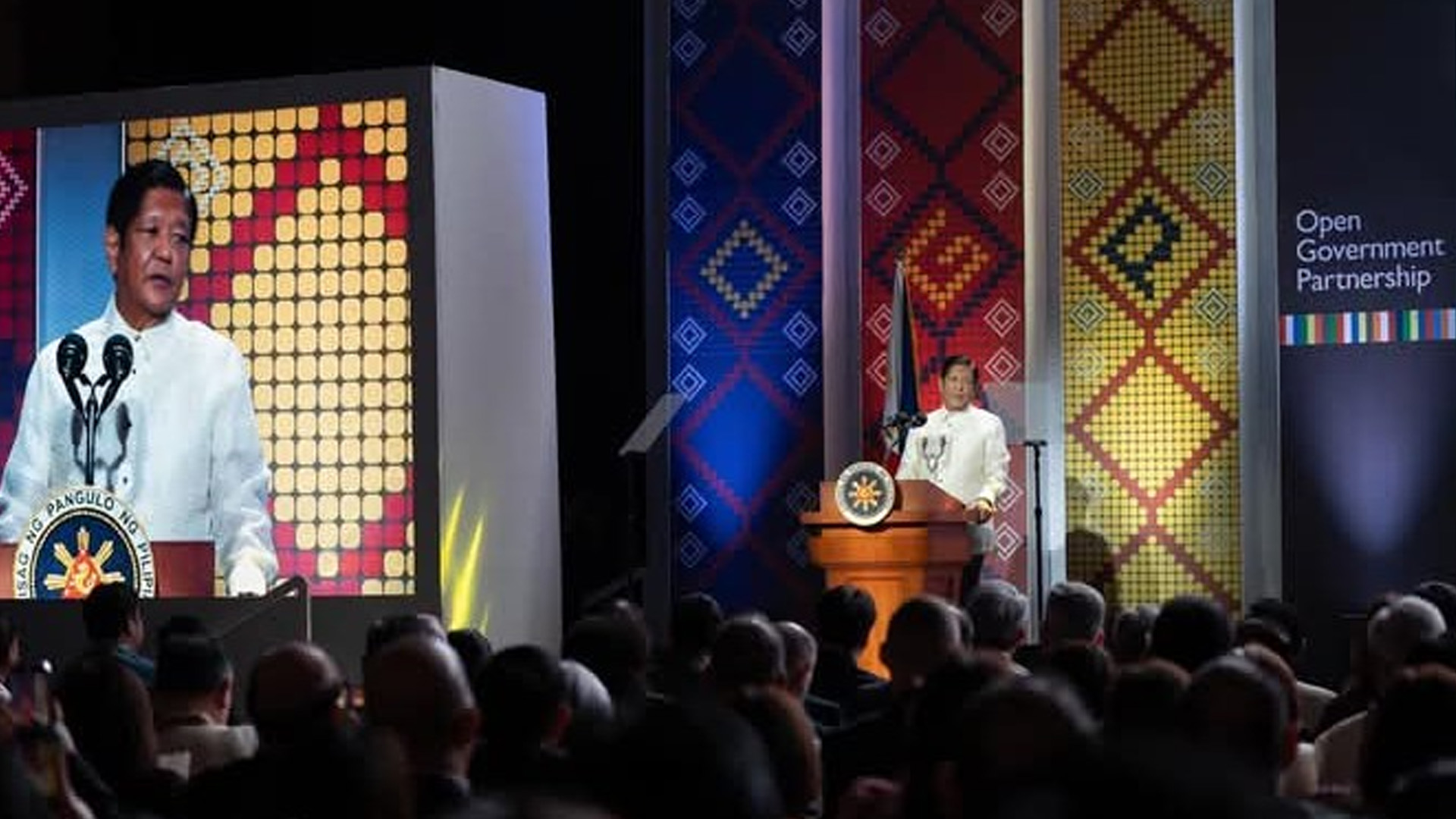Department of the Interior and Local Government (DILG) Secretary Jonvic Remulla called on local government units (LGUs) to join the Open Government Partnership (OGP), a global multi-stakeholder initiative that promotes transparency and improved governance.
Remulla expressed support for the OGP to sustain the Marcos administration’s efforts in building a “more responsive, inclusive, and transparent government.”
“We are in the pursuit of having it institutionalized all over the country,” Remulla said, as quoted by the DILG in a news release on Saturday.
A former Cavite governor, Remulla acknowledged the need for LGUs to take part in open governance, citing their crucial role in strengthening the government’s partnerships with the civil society organizations.
“I believe in open conversations, dapat laging nag-uusap at lagi natututo (we should always communicate and learn),” he said.
Co-founded by the Philippines in 2011, the OGP is a multilateral organization of reformers from government, civil society networks, businesses, and non-profits reflective of the values of access to information, public accountability, citizen participation, and leveraging technology and innovation to strengthen governance.
Since 2016, the OGP Local Program has opened membership to local governments for initiatives promoting the OGP’s values.
South Cotabato province became part of the OGP in 2018, followed by Borongan, Samar in 2020.
Tagbiliran City in Bohol, Larena town in Siquijor, Quezon City in Metro Manila and Baguio City in the Cordillera also joined the OGP in 2024.
More work needed
The Philippines hosted the OGP Asia and the Pacific Regional Meeting (APRM) in Taguig City on Feb. 5 to 7.
At the end of the OGP-APRM Friday, around 800 participants from over 40 participating countries joined the call to work towards making communities “stronger, more open, transparent, participatory, inclusive, and accountable.”
Department of Budget and Management (DBM) Secretary Amenah Pangandaman, who also serves as chair of the Philippine OGP, said more needs to be done in promoting open governance.
“As you know, while much has been accomplished, our work is far from over. With renewed commitment and stronger partnerships, this is just the beginning of a brighter future,” Pangandaman said during the Open Government Workshop on Open Contracting, one of the sessions during the last day of the event.
The OGP-APRM involved 35 side events, three plenaries, three high-level roundtables and more than 20 breakout sessions.
The discussions revolved around the open governance challenge areas, including the developments and issues on access to information, anti-corruption, civic space, climate and environment, digital governance, fiscal openness, gender and inclusion, justice, media freedom, and public participation.
Speaking at the closing plenary, DBM Undersecretary Rolando Toledo encouraged leaders and participants to apply best practices, commitments, and new partnerships forged during the regional meeting to advance the open government agenda in their areas of influence.
“As we return to our respective fields, may we take this as a challenge to carry forward the knowledge we have gained and find innovative ways to imbed the principles of open government partnership in our daily lives,” Toledo said.
“Let us continue to collaborate, innovate, and strive for excellence in advancing our shared advocacy for a transparent, accountable, and thriving government in all nations,” he added.
The next OGP Global Summit will be held in Vitoria-Gasteiz, Spain on Oct. 7 to 9. (PNA)







